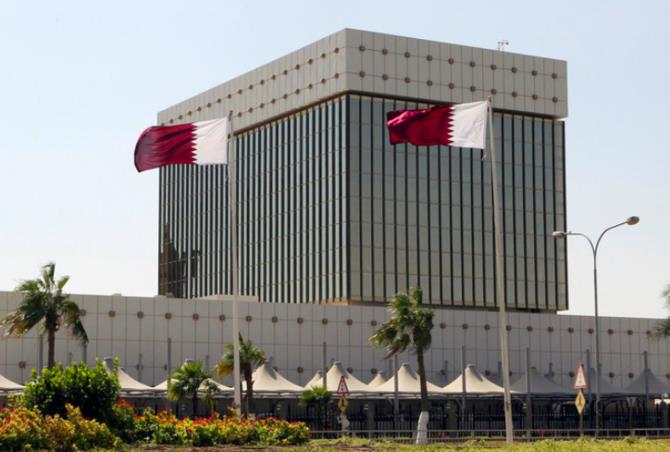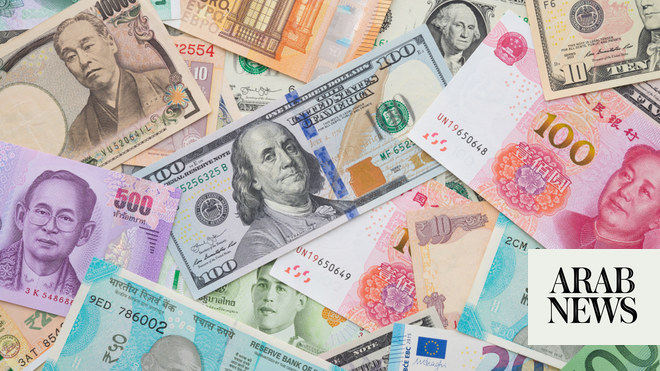
Amount is sufficient to cover the country’s imports of goods and services for 8.1 months
Data also indicated a rise in gold reserves, which climbed from $4.6 billion at the end of 2023 to $5.8 billion by the end of September
RIYADH: Jordan’s foreign reserves, which include gold and special drawing rights, increased by $2.11 billion in the first nine months of the year, reaching a total of $20.23 billion by the end of September, according to official data from the Central Bank of Jordan.
This amount is sufficient to cover the country’s imports of goods and services for 8.1 months. In September alone, foreign reserves grew by $266.8 million. Compared to the same month last year, reserves have risen by $2.94 billion.
Data also indicated a rise in gold reserves, which climbed from $4.6 billion at the end of 2023 to $5.8 billion by the end of September. Total assets in gold and foreign currencies reached 16.1 billion Jordanian dinars ($22.7 billion), up from 14.7 billion Jordanian dinars at the beginning of the year.
Moreover, the nation’s total liabilities in foreign currencies decreased significantly, dropping from 1.6 billion Jordanian dinars at the start of the year to 1.3 billion by September.
This positive trend coincides with an economic upturn, as Jordan’s inflation averaged 1.7 percent in the first half of the year, down from 3 percent during the same period last year.
The stability of the Jordanian dinar, pegged to the US dollar, has contributed to this reduction in inflation. Estimates from S&P Global suggest that Jordan will end the year with $4.6 billion in usable reserves.
In September, S&P Global upgraded Jordan’s long-term foreign and local currency rating to “B+” from “BB-.” The agency also reaffirmed its “B” short-term ratings and revised its transfer and convertibility assessment from “BB” to “BB+.”
S&P noted that Jordan’s structural economic improvements are expected to remain resilient, despite regional pressures. The agency indicated that Jordan is well-positioned to leverage international support and has sufficient domestic policy buffers to mitigate impacts from regional conflicts on tourism and the broader economy.












